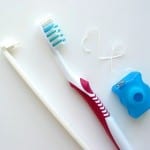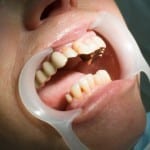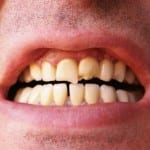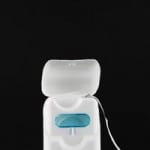 Good oral hygiene makes the world of difference when it comes to oral health and we are always here to offer advice about maintaining a clean and healthy mouth at home. By sticking to a good oral hygiene regime, you will reduce your risk of developing a host of dental problems, including gum disease, dental decay and bad breath.
Good oral hygiene makes the world of difference when it comes to oral health and we are always here to offer advice about maintaining a clean and healthy mouth at home. By sticking to a good oral hygiene regime, you will reduce your risk of developing a host of dental problems, including gum disease, dental decay and bad breath.
Oral hygiene tips
Brushing and flossing
Brushing is really important and it only takes 2 minutes of your morning and evening to make a difference. Brushing removes bacteria and food debris from the mouth, which helps to prevent the development of plaque. Plaque is a sticky, colourless substance, which is made from bits of food, saliva and bacteria and it is bad news for oral health. Plaque irritates the gums and increases the risk of cavities. Brushing should take place twice a day, for at least 2 minutes each time. It’s advisable to use fluoride toothpaste to strengthen and protect the enamel.
Flossing is another really simple way of keeping your teeth and gums healthy and you only need to do it once a day. The beauty of flossing is that it takes over where brushing leaves off and it cleans the parts of the mouth that are tricky to cover with a toothbrush. Flossing can take a little getting used to, but it’s well worth persevering, as it helps to keep your teeth looking bright and clean, as well as keeping decay at arm’s length. When you floss, simply pass the dental tape through the cracks between the teeth and avoid pulling.
Seeing a dental hygienist
On top of good oral hygiene at home, we recommend seeing a dental hygienist. Our amazing dental hygienists can help to banish plaque, prevent gum disease and give your teeth a beautiful, white glow.















